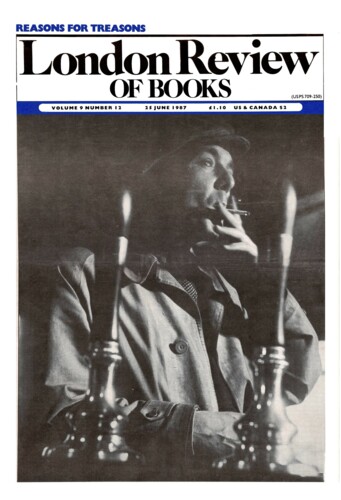I’ve worked it out that when my parents parted
some time at the end of ’43
I was about the size of a pea
eroding the lining of mum’s womb.
He had been on compassionate leave
for grandfather’s terminal illness, hence,
amid the stink of death that was Europe,
their chance to make life.
I know it like a memory, the walk to the station
with their arms hooked (that’s how couples
walked those days), he in Luftwaffe uniform,
blue-grey, her favourite colour always,
she in the coat with the fox fur collar.
They talked of how it would be when it was over.
She saw the train out and walked back,
spent the rest of the pregnancy ducking bombs,
watching the city subside into rubble.
There was no news, but the letters stopped,
so he was listed missing. Someone claimed
to have seen him in Estonia, five hundred miles
from where he was last known to be.
She went to the fortune-teller who said
he’d be back in ’51, or if not, by ’53.
Later, she had him declared dead
for the sake of the war widow’s pension.
All that time, I spooned the hated potato soup –
one for mummy, one for sister, one for granny,
three for father starving in the camp.
In ’55, Adenauer negotiated the release
of the last POW’s in Soviet hands.
Aged eleven, I watched her watch the trains go by.
Leaning from open wagons other men waved to us,
excited so soon after crossing the border.
It was then she gave up and wept.
Send Letters To:
The Editor
London Review of Books,
28 Little Russell Street
London, WC1A 2HN
letters@lrb.co.uk
Please include name, address, and a telephone number.

